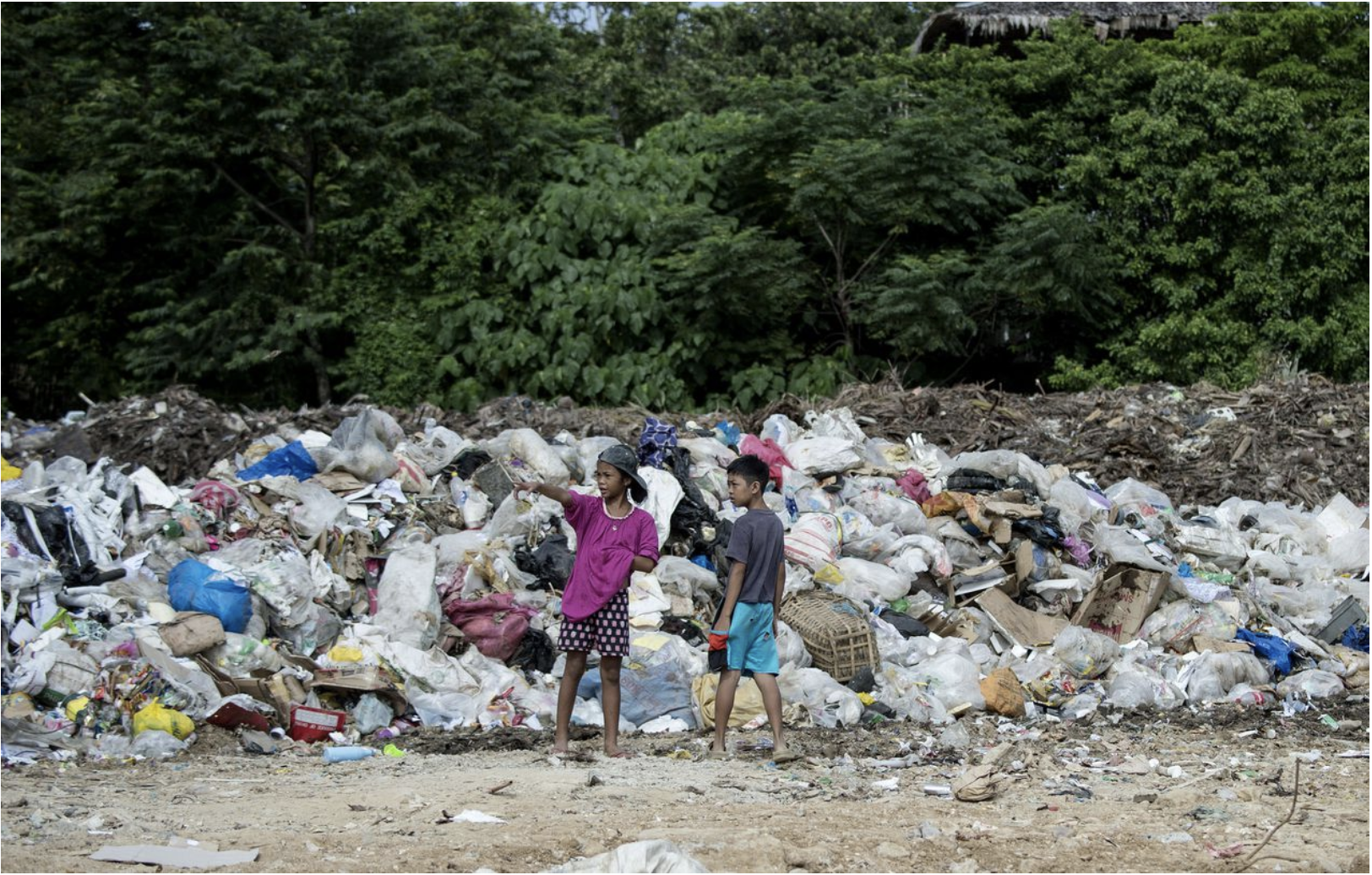Travel
Mindset of Change
Lento by Julieta Venegas
Feeling relaxed? Great. Pressing on...
“If anyone, no matter who, were given the opportunity of choosing from amongst all the nations in the world the set of beliefs which he thought best, he would inevitably—after careful considerations of their relative merits—choose that of his own country. Everyone without exception believes his own native customs, and the religion he was brought up in, to be the best.”
Herodotus, The Histories
Travel is a very important aspect of education. Although travel for rest or a change of scenery is quite pleasant, and travel to visit friends or family is often necessary in this day and age, travel as an action - not merely a reaction to life's circumstances - is foundational to the building of character. I suppose I should be more explicit. I mean travel with the express purpose of encountering new ideas, people, places, ways of living, and cultural wisdom.
It is easy to be complacent in one's own way of doing things, one's own values and routines. Unless you encounter people and cultures very different from your own, how can you truly test your own assumptions about how to live well? Particularly when western ideals seem to have led us so far astray, is it not natural to seek alternate sources of wisdom? To see if other peoples are doing it better?
If we are going on carbon emissions alone, pretty much every nation on Earth is doing better than the United States except China (cia.gov). Going on happiness, certainly the US is not ranked at the top of the list either (worldpopulationreview.com). I suppose perhaps in financial safety or health...nope actually not there either (citizen.org) (wsj.com). So, we have much to learn. Perhaps Denmark can teach us some things (worldpopulationreview.com).
But, it is also undeniable that travel can be quite carbon intensive (sustainabletravel.org), accounting for 8% of global carbon emissions a year. Flights are the obvious culprit, but additional transport and lodging play a factor. Then there are the indirect effects of tourism on local economies, especially mass natural tourism destinations. Places like the Maldives and Philippines - small island nations - can be particularly threatened (crdeepjournal.org) (wikipedia.org).

So if travel is so key to learning how to live sustainably, how does one travel sustainably?
How to travel sustainably
When I am planning a trip, I focus on a few key questions. A lot of traveling sustainably is in the structure of the trip, but there is also a key element once you are at your destination.
Note: I'm working on filling in each one of these. If you want to get the latest content as I write it, please subscribe!
- Where to go and where to stay?
- How to get there and how to get around?
- What to do and what to buy?
- How to dress and how to behave?
- Should I offset?
Feeling excited to see the world? Me too. Let's get some hot tips from veteran sustainable travelers:
Starting from Europe is also a plus if you can. ;)